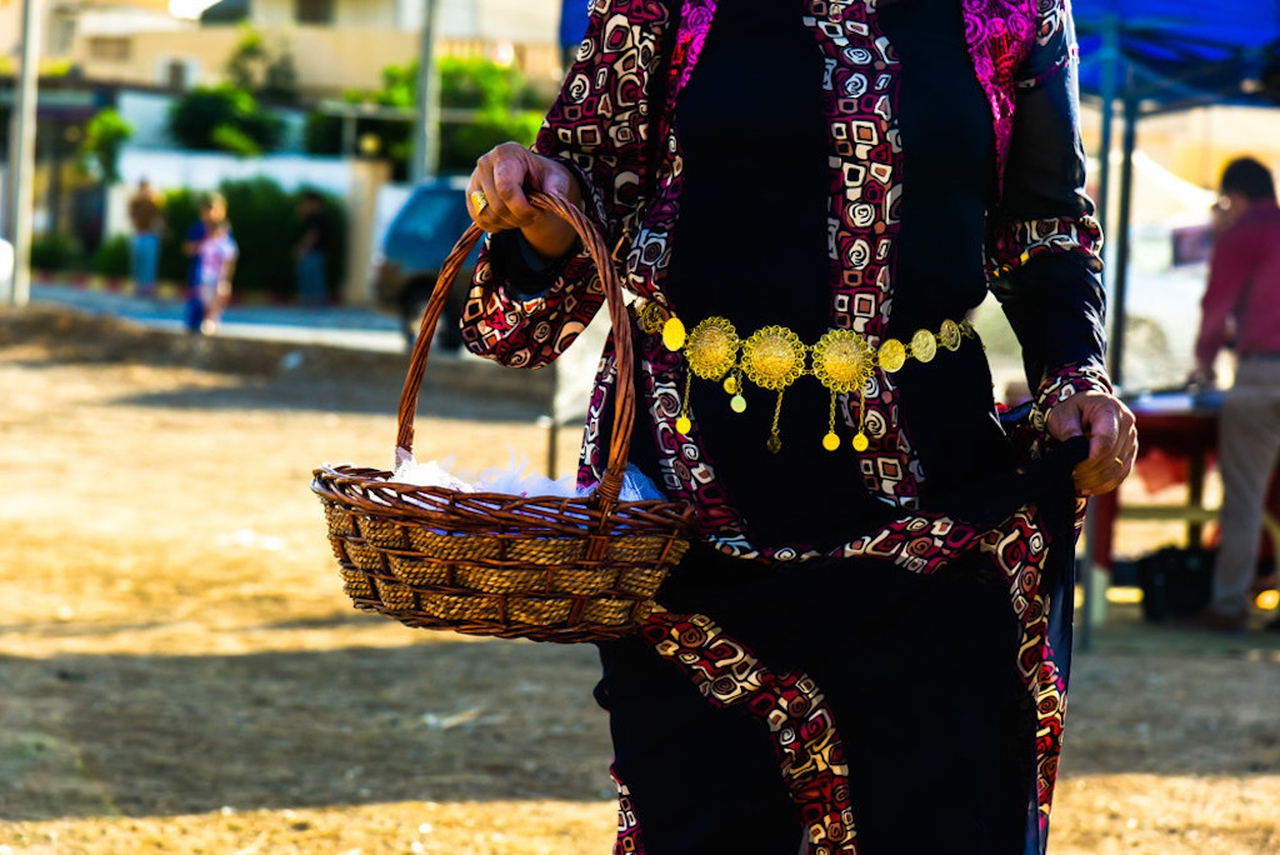In the tapestry of human history, certain threads shimmer with unparalleled brilliance; among them, the life of Bahá’u’lláh stands as a luminous strand. The bicentenary of his birth, celebrated globally, serves not merely as a temporal marker but as a profound opportunity for reflection and introspection. This duality of commemoration allows adherents to revel in the grandeur of his teachings while simultaneously nurturing a deeper understanding of their practical implications in contemporary society.
At its zenith, Bahá’u’lláh’s teachings encapsulate an intricate philosophy that harmonizes the spiritual and the material, thus accentuating the unity of humanity. His message transcends the sectarian divides, striving for a universal brotherhood that champions the ideal that all are created equal, akin to flowers in a vast garden, each distinct yet integral to the whole. As Bahá’ís commemorate this significant juncture, they find themselves at a crossroads where the past, present, and future converge.
Understanding the teachings of Bahá’u’lláh is paramount as they articulate a vision that is at once prophetic and pragmatic. The concept of ‘oneness’ is foundational. It weaves an intricate narrative through his writings, reinforcing the idea that the divisions of class, race, and religion serve only to obstruct our collective progress. The metaphor of a flock of diverse birds, soaring in unison while embracing their unique features, illustrates how harmony amid diversity constitutes the very bedrock of a thriving society.
Moreover, this bicentenary celebration presents an opportunity to delve deeper into the transformative power of the principles espoused by Bahá’u’lláh. Among these principles is the notion of justice, which reverberates through the corridors of societies across the globe. Justice in Bahá’í belief is not merely a legal concept; it is a profound moral imperative. Imagine a scale, balanced perfectly between empathy and action; this image resonates with those striving to establish equitable systems. The call for justice compels followers to advocate for the marginalized and disempowered, thereby sewing the fabric of a more inclusive world.
The cycles of time, with its inexorable march forward, reveal that bahá’í teachings contiue to evolve, urging humanity to rethink its paradigms. Bahá’u’lláh’s exile and imprisonment are emblematic of the trials faced when challenging the status quo. His resilience reflects the indomitable spirit necessary for progress, akin to a river carving its path through solid rock. The story of Bahá’u’lláh encourages adherents to embrace adversity, fostering a collective mindset poised for change, while encouraging a symbiotic relationship between past tribulations and future aspirations.
Moreover, the bicentenary acts as a catalyst for communal engagement and reflection. It beckons Bahá’ís to reexamine their roles as agents of change within their communities. This involves actively participating in social action, education, and the advancement of science in tandem with spirituality. The concept of ‘service’ embodies the essence of Bahá’í life; it is an imperative woven into the very fabric of its teachings. Picturesque analogies depicting farming—a labor of love necessitating patience, dedication, and commitment—illustrate the need for nurturing both one’s spirit and one’s community.
Culturally, the celebration of Bahá’u’lláh’s bicentenary invites artistic expression, inspiring literature, music, and visual arts that reflect the richness of his message. Such artistic endeavors are vibrant expressions of devotion, or perhaps like the delicate brushstrokes of a master painter, adding depth and color to the canvas of community life. These cultural manifestations become a conduit for transcendence, inviting observers to engage with the teachings on a visceral level, transcending mere intellectual understanding.
As Bahá’ís commemorate this significant event, it is vital to underscore their commitment to the principles of peace and unity. The metaphor of a grand symphony readily captures the essence of bahá’í aspirations—a harmonious blend of varying notes, where each instrument plays its role while contributing to a larger masterpiece. It encapsulates the notion that true peace emerges not from the absence of conflict but from the active embrace of diversity and the concerted pursuit of understanding.
The duality of celebration and reflection weaves through the observance of Bahá’u’lláh’s bicentenary, culminating in a call to action. Strikingly, followers are reminded not to become stagnant in reverence but to transform reverence into action. Engagement in advocacy for human rights, promoting the advancement of women, and seeking to dismantle the barriers of prejudice exemplify the actionable aspects of Bahá’í teachings. The call resonates like a clarion, reminding all that the legacy of Bahá’u’lláh demands not just acknowledgment but active participation in the unfolding narrative of humanity.
In conclusion, the commemoration of Bahá’u’lláh’s birthplace is far more than an anniversary; it is a call to coalesce around foundational principles that advocate for a unified global community. As reflections on the essence of his teachings unfurl, they sow seeds of hope, justice, and love, factor into the ever-evolving landscape of human potential. Just as his teachings illuminate the path forward, the celebration serves as a clarion invitation to embrace unity in diversity, ensuring that each soul, like a unique star, contributes to the constellation of humanity, guiding future generations toward enlightenment and peace.
